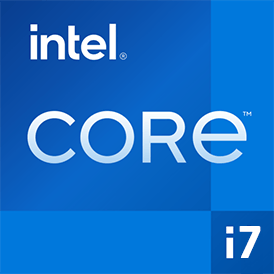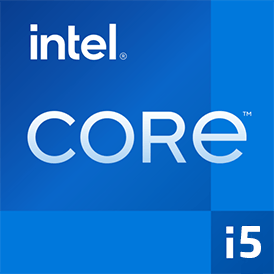
Compara Intel Core i5-13500 VS Intel Core i7-8700K. Which processor delivers superior performance?
In this detailed comparison, we evaluate the specifications and benchmarks of both processors to determine the best choice for your needs. We analyze their core counts, maximum frequencies, and power consumption.
Intel Core i5-13500 boasts a maximum frequency of 2.50 GHz (5.20 GHz) GHz. 14 / 20 cores that enhance multitasking capabilities.With a power consumption of 65 W W, it ensures efficient performance.Publicado en Q1/2023, it incorporates the latest technology for optimal efficiency.
Intel Core i7-8700K features a maximum frequency of 3.70 GHz GHz. 6 cores designed for high-performance tasks.Its power consumption is 95 W W, providing a balance of power and efficiency.Launched in Q4/2017, it is built to handle demanding applications.
 Razones a tener en cuenta
Razones a tener en cuenta Lugar en la clasificación general
(basado en varios puntos de referencia)
Más número de núcleos
8 Más núcleos
Rendimiento por vatio
menos calor generado por el procesador, W.
Posiciones comunes Intel Core i5-13500 CPU en pruebas de referencia populares, para comparar con otros modelos.
 Razones a tener en cuenta
Razones a tener en cuenta Lugar en la clasificación general
(basado en varios puntos de referencia)
Mayor velocidad de reloj
En 32% mejor velocidad de reloj
Posiciones comunes Intel Core i7-8700K CPU en pruebas de referencia populares, para comparar con otros modelos.
 Intel Core i5-13500
Intel Core i5-13500

Comprehensive background on the processors being compared, detailing their series, generation, and targeted market segment.
Essential parameters including the number of cores, threads, base and turbo frequencies, and cache size. These metrics provide insight into the processor’s speed—higher values generally indicate better performance.
The integrated graphics (iGPU) do not influence the CPU performance significantly; they serve as a substitute for a dedicated graphics card in the absence of one or are utilized in mobile devices.
This section details the built-in codecs used for encoding and decoding media content, which significantly enhance processing speed and efficiency.
Overview of the types and quantities of RAM supported by Intel Core i7-8700K y Intel Core i5-13500. The supported memory frequencies may vary depending on the motherboard configuration.
Analyze the TDP (Thermal Design Power) requirements of Intel Core i5-13500 y Intel Core i7-8700K to make an informed decision on the appropriate cooling system. Remember that TDP refers to thermal watts, not electrical watts.
Information on architecture, interfaces, and additional instructions supported by Intel Core i5-13500 y Intel Core i7-8700K, including virtual machine technologies and fabrication processes.
By analyzing the results from various benchmarks, you can gain a clearer understanding of the performance differences between Intel Core i5-13500 y Intel Core i7-8700K.
Compare the synthetic benchmark scores and make an informed decision on the best processor for your needs!